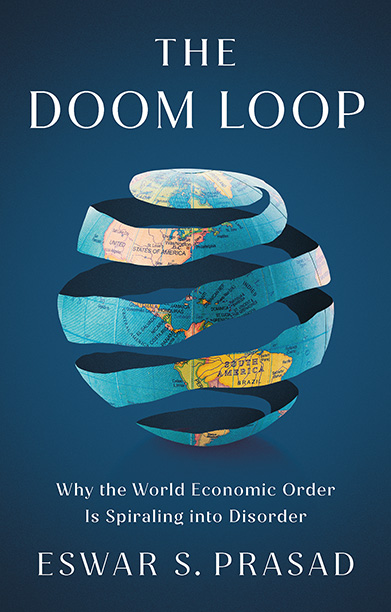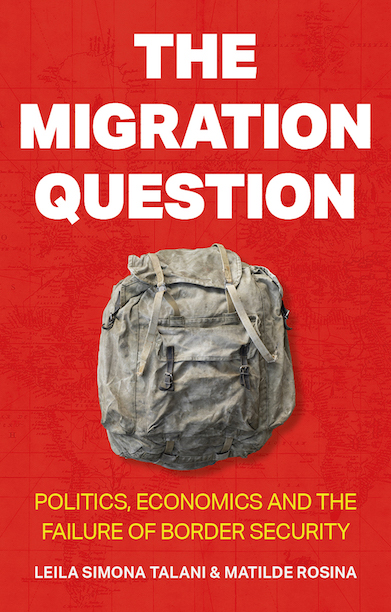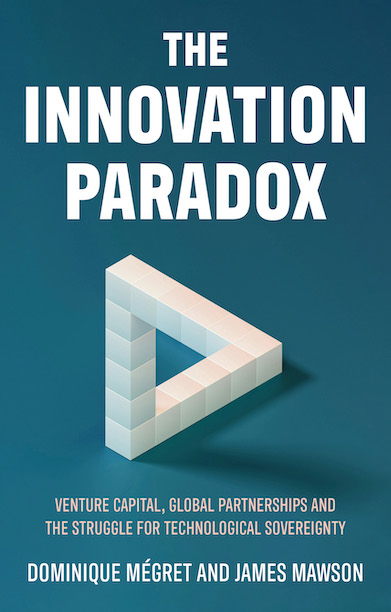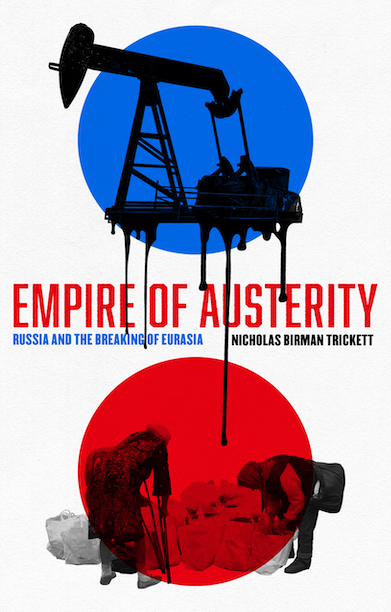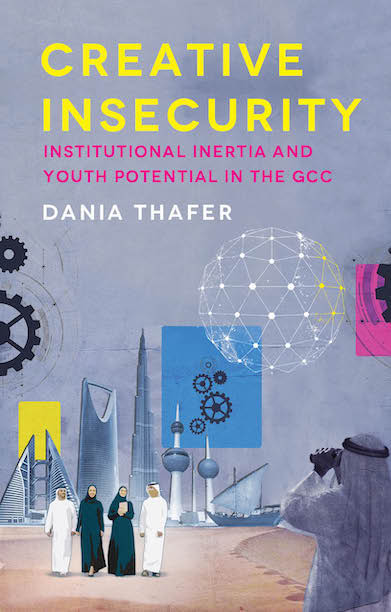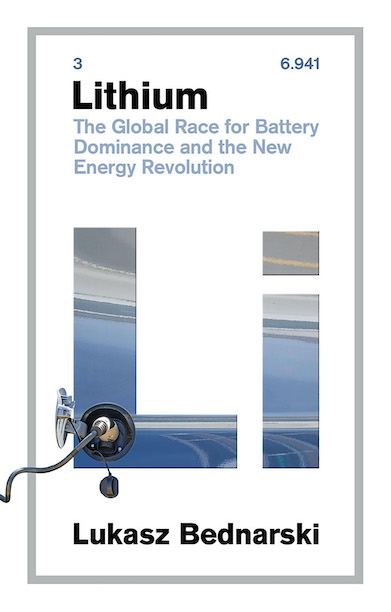The Doom Loop
Why the World Economic Order Is Spiraling into Disorder
Global institutions have failed to adapt to today’s political-economic realities. What went wrong, and how can we reverse our descent into chaos?
Description
The United States is no longer the world’s undisputed superpower. China and India increasingly flex their economic muscle, as the West’s share of global GDP steadily declines—and America’s rules-based system risks becoming irrelevant. In business, competition brings efficiency, balance, and innovation. But not in the marketplace for global power.
Acclaimed economist Eswar S. Prasad argues that the very forces expected to stabilize the world order are fueling disarray. Globalization has deepened inequality in many countries, stoked political backlash and triggered trade wars. Economic institutions like the IMF and WTO are no longer fit for purpose. The rise of “middle powers” like South Africa, Brazil, and Indonesia once suggested multipolar stability; but today, such economies are forced to pick sides in the intensifying US–China struggle for hegemony.
Prasad’s clear-eyed, bracing prose contends that we are caught in a destructive feedback loop between economics, domestic politics, and geopolitics. With instability the new status quo, we need radical solutions to reinvigorate the world economy, prioritize common aspirations—and halt the downward spiral.
Reviews
‘Comprehensive … Eswar S. Prasad is engaging and clear and provides an excellent survey of some of the most important issues in international affairs today.’ — Financial Times
‘Erudite and expansive.’ — Publishers Weekly
‘The book criticizes both nostalgia for a vanished global order and fatalism about permanent disorder.’ — Cornell Chronicle
‘This important and sobering book delves into the root causes of a perilous period for the global economy. Eswar Prasad, one of the United States’ top economists, clearly and elegantly explains how the post–World War II international order has been undermined in a destructive feedback loop of financial and debt crises, populist domestic politics and dramatic geopolitical shifts. Despite the bleak picture, Prasad’s deep analysis offers critical insights into how we can escape our current predicament, the doom loop, of his title.’ — Fiona Hill, author of There Is Nothing for You Here
‘A deeply insightful account of how economics, geopolitics and technological change are interacting to amplify disorder across the globe. Understanding these dynamics is a prerequisite for rebuilding something better. Prasad’s compelling and clear-eyed analysis challenges us to rethink the foundations of international cooperation. Essential reading for those seeking to understand and help shape the turbulent era ahead.’ — Janet Yellen, Distinguished Fellow in Residence, The Brookings Institution; former US Treasury Secretary; former chair, Federal Reserve
‘Prasad explains why the foundational institutions that underpinned global prosperity in the latter half of the twentieth century are now faltering, and why no obvious alternatives have emerged to stabilise the world that America built. With his signature clarity and insight, Prasad excoriates Western powers and the institutions they created, arguing that their failure to adapt has deepened today’s crises. Essential reading for anyone seeking to understand the forces shaping the unravelling global order—and the urgent choices ahead as we attempt to forge a new one.’ — Raghuram Rajan, author of Fault Lines
‘Prasad diagnoses the forces driving the fragmentation of the global economy. In a narrative of ambitious scope, he shows how a world that once seemed headed toward greater integration and harmony is now fraying at the seams. From currencies and trade to AI and alliances, this is a compelling if sobering tour that should inform the thinking of leaders and citizens alike.’ — Robert E. Rubin, co-chair emeritus, Council on Foreign Relations; former US Treasury Secretary
Author(s)
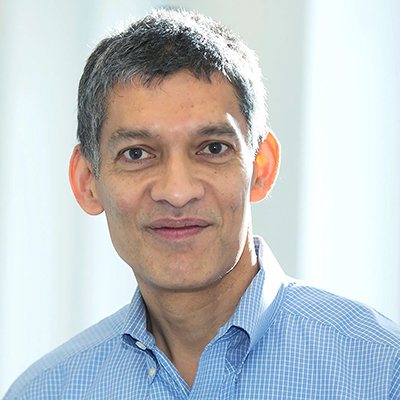
Eswar S. Prasad is Nandlal P. Tolani Senior Professor of Trade Policy and Professor of Economics at Cornell University, and a senior fellow at the Brookings Institution. His publications include The Future of Money, a Book of the Year in the Financial Times, The Economist, Foreign Affairs and The Week.
